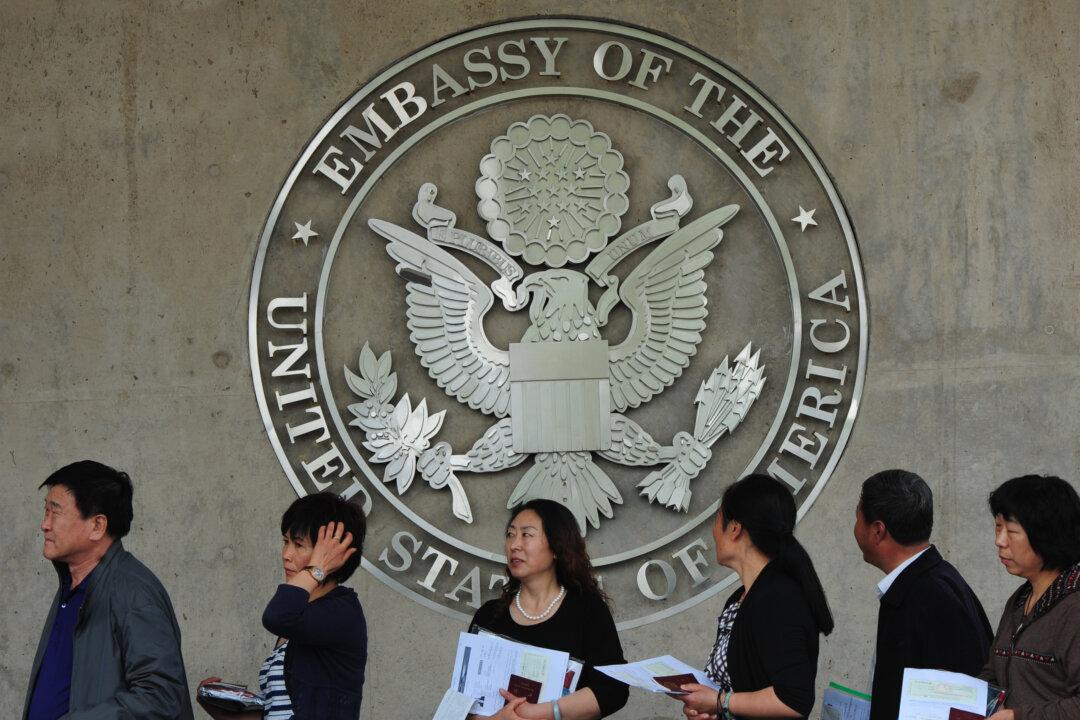More than 500 Chinese STEM students’ visa applications to study at major American universities were recently rejected by the U.S. government over security concerns, Chinese media reported. The news sparked debate on Chinese social media and netizens claim that most of the student visa applicants are from Chinese universities that have ties to the Chinese military.
On July 7, Chinese state-run newspaper China Daily reported that at least 500 Chinese students who are majored in STEM (science, technology, engineering, and mathematics) were denied visas by the U.S. Embassy and Consulates on the grounds of violating Section 212(f) of the U.S. Immigration and Nationality Act and Presidential Proclamation 10043.




